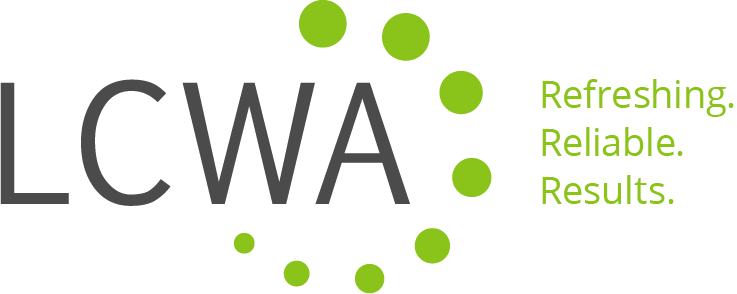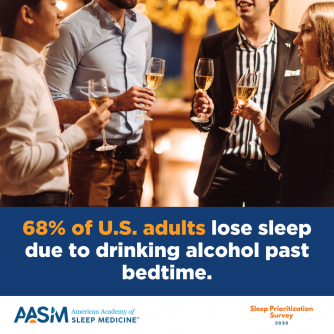Find yourself pouring a nightcap to help you fall asleep? You’re not alone – in fact, a recent
surveyfrom the American Academy of Sleep Medicine (AASM) found that 68% of Americans have lost sleep due to drinking alcohol past bedtime.
As the holidays tend to be a time when alcohol consumption rises, LCWA helped the AASM drive attention to this timely statistic in a pitch which outlined the consequences of alcohol consumption upon sleep, which include:
- The triggering of new sleep disorders or exacerbation of existing ones, including insomnia and obstructive sleep apnea (OSA)
- Excessive relaxation of the muscles in the head, neck and throat, which may interfere with normal breathing during sleep
- Frequent need to get up and go to the bathroom, especially disruptive during the second half of the night
- Increased risk for parasomnias including sleep walking and sleep eating
To support these findings and encourage the public to kick off the New Year right, the pitch also included tips to minimize alcohol’s effect on sleep:
- Allow three to four hours between drinking and bedtime: If you have a nightcap right before bed, you may not sleep very deeply because as alcohol starts to metabolize, the sedative effect wears off.
- Stay hydrated and drink water: Try and drink two glasses of water for every alcoholic drink. This will help your system flush out the alcohol.
- Avoid bubbly drinks: Bubbles can cause bloating and gas, so consider avoiding fizzy and carbonated drinks.
- Eat a light snack before bed: Food delays how quickly you absorb alcohol, which can help lower your blood alcohol content (BAC).
LCWA distributed the pitch via Newswise and pitched directly to national consumer and health media. As a result of our outreach, coverage garnered over 22 million impressions with notable placements in Doctor’s Lounge, Medical Xpress, HealthNewsDigest, U.S. News & World Report, HealthDayand The Empire-Tribune. These results, compounded with alcohol’s increased usage amidst the COVID-19 pandemic, suggest that alcohol’s relationship with sleep is a topic of interest for the media and American public.

